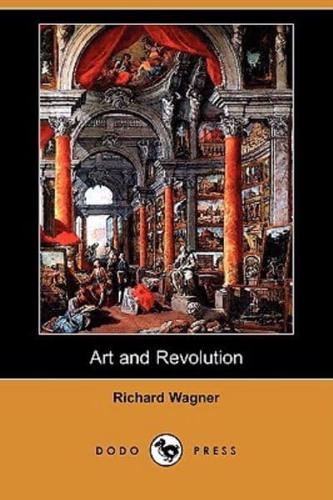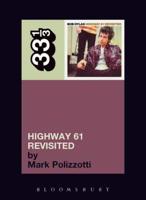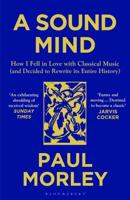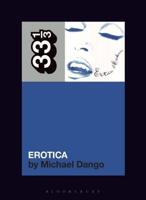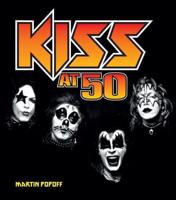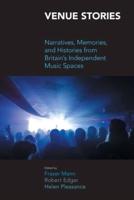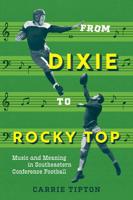Publisher's Synopsis
Wilhelm Richard Wagner (1813-1883) was a German composer, conductor, music theorist, and essayist, primarily known for his operas (later called music dramas). Wagner's musical style is often considered the epitome of classical music's Romantic period, due to its unprecedented exploration of emotional expression. He transformed musical thought through his idea of Gesamtkunstwerk (total artwork), the synthesis of all the poetic, visual, musical and dramatic arts, epitomized by his monumental four-opera cycle The Ring of the Niebelung (1876). Wagner even went so far as to build his own opera-house to try to stage these works as he had imagined them. His literary friendship with Franz Liszt led to a long-lived correspondence later compiled in the two volumes of Corrrespondence of Wagner and Liszt (1889); a book that was attributed to both musicians. Among his other famous works are Tristan and Isolde, which broke important new musical ground, My Life (in two volumes) (1880), and The Flying Dutchman.
